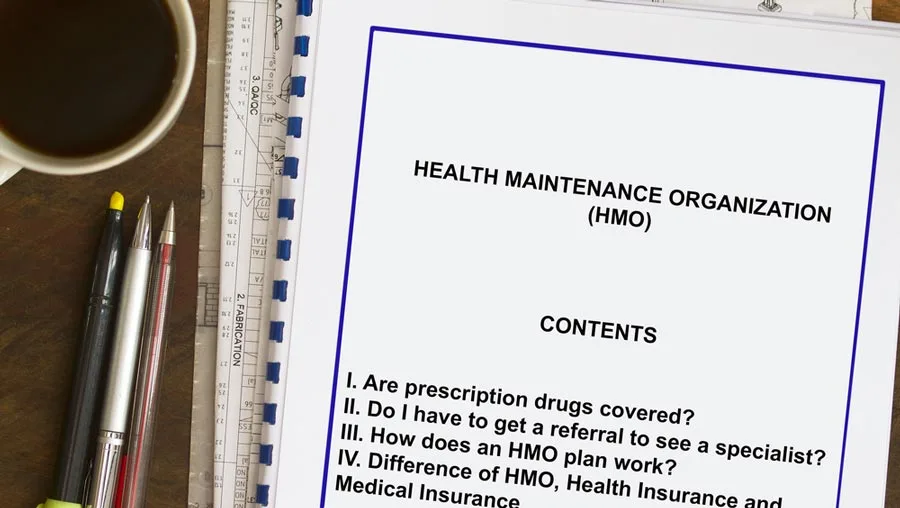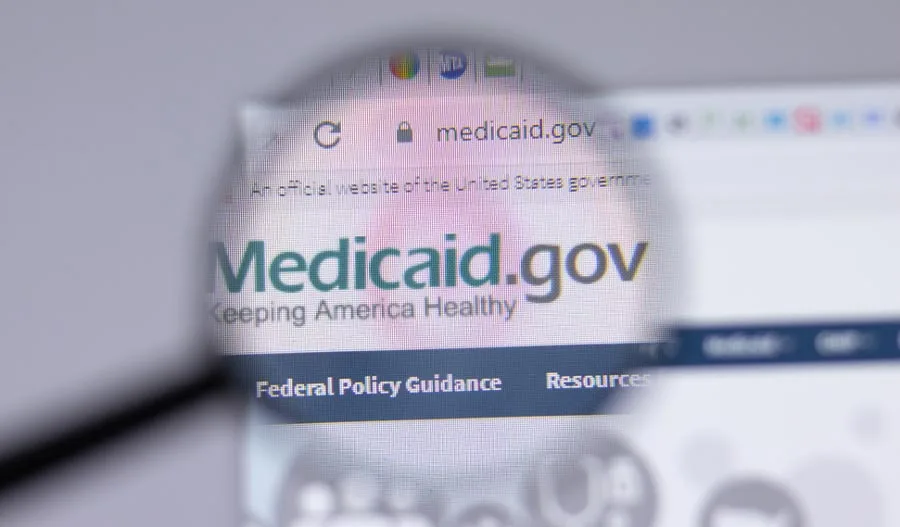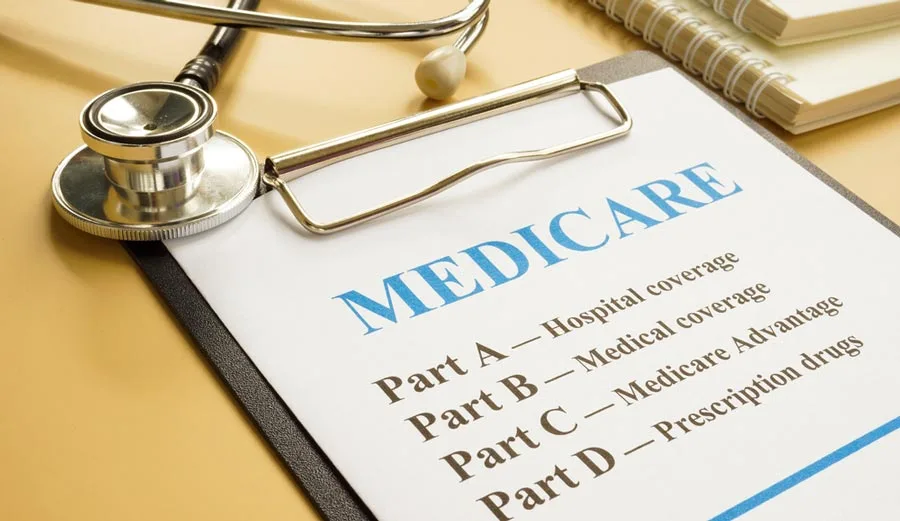Best Insurance for Drug Rehab Facilities

Insurance Coverage for Drug and Alcohol Rehab Treatment
Addiction and mental health disorders are complex conditions that require comprehensive treatment to ensure recovery. However, the high cost of professional substance abuse rehabilitation treatment is among the significant reasons why people suffering from addiction rarely seek help. Simply put, the best insurance for drug rehab facilities is the one that gets you the care you need, at a facility as capable and accomplished as Exclusive Hawaii Rehab.
According to the National Institute on Alcohol Abuse and Alcoholism (NIAAA), only a minor percentage of people with substance use disorders (SUD) in the United States get treatment. Many people will go to great lengths to conceal the fact that they have struggled with addiction and sought help in rehab.
This usually means that those people may not get the much-needed help. If you recognize that you have a problem and are ready to receive support, financial barriers to rehabilitation should not stand in the way.
At Exclusive Hawaii Rehab, we accept drug and alcohol rehab insurance to help our clients get addiction recovery services.
Read on to learn more about the best insurance for drug rehab facilities, and find out how accessible treatment with our luxury rehab can be!
Experience True Healing
Our deeply-caring staff and the surrounding natural beauty offer an unparalleled healing experience.
What Rehab Costs Does Health Insurance Cover?
Data from the Substance Abuse and Mental Health Services Administration (SAMHSA) shows that drug addiction is a serious health concern in the United States. Luckily there is a wide range of evidence-based treatment options that help people reclaim their lives from addiction.
There are various costs associated with drug rehab. Each insurance plan is different and may cover only part of the total costs. But coverage often includes:
Outpatient Treatment

Outpatient treatment programs allow you to get treatment for addiction while living at home. These programs will enable you to keep up with your routine at home, school, or work if you and your doctor determine that this therapy method suits you.
Inpatient Treatment
Inpatient addiction treatment involves living in a treatment center for the duration of your care, where you will undergo detox, therapy, counseling, medical attention, and aftercare planning services. Whiles some inpatient treatment centers offer a hospital setting, most are residential treatment facilities in calm and serene environments.
Medical Detox
Detoxification is the physiological process by which the body eliminates drugs from the system. Detox can take place in either an outpatient facility or a residential rehab. But inpatient rehab is often recommended for people with severe addictions and co-occurring mental health disorders.
You can go through the withdrawal phase of your drug and alcohol addiction treatment safely and comfortably at an inpatient facility, where healthcare practitioners can closely monitor your health and mental state during medically-assisted detox.
Psychotherapy for Drug or Alcohol Addiction Treatment
When you engage in psychotherapy, you can talk to a trained professional about the factors in your life that may be contributing to your addiction. Also, your therapist can be of great help in guiding you toward the development of healthier coping mechanisms.
What Is the Best Insurance for Drug Rehab Facilities for Your Needs?
Having the right insurance will help cover treatment costs at a top facility for substance abuse, such as the Exlcusive Hawaii Rehab. There are two primary kinds of insurance:
- Private insurance
- Public health insurance coverage
When you are covered by a private insurer, either independently or through your employer, you are considered a private policyholder. You’ll have to pay for some or all of the cost of your policy. The government offers public insurance, which is often subsidized in whole or in part by government resources.
The Affordable Care Act (ACA) classifies mental health and substance addiction services as “essential health benefits.” The benefits required by the ACA are included in the coverage of most private and public insurance plans. Prescription medications and care for mental health issues are included in these benefits.
Below is a rundown of the various health insurance plans available:
Private Insurance

You can buy private insurance through a group plan or individually. Private health insurance is usually more expensive than public insurance, but it offers better coverage for rehabilitation.
Individual and small-group health plans are required by the Affordable Care Act to include certain minimum benefits.
Healthcare providers are often part of a network that insurance companies work with to give the best care possible. Managed care is the name of this insurance system.
Health maintenance organization (HMO), preferred provider organization (PPO), and point-of-sale (POS) plans are the three most common types of healthcare plans. Many insurance policies will help pay for the costs associated with substance abuse treatment and rehabilitation.
Learn more about the differences between these healthcare plans below:
1. Health Maintenance Organization (HMO)
Patients enrolled in an HMO plan can select a primary care physician and make most of their appointments with that doctor. With this plan, they can build trust with a physician with access to their medical history.
Under an HMO plan, you’ll need a recommendation from your primary care doctor before seeing a specialist or doctor who isn’t part of the insurance company’s network. The deductibles for HMOs are typically low or not required, and the overall cost of coverage is typically less than that of PPO.
If you don’t need to see a specialist or visit a doctor who isn’t in your insurer’s network too often, you can save money by enrolling in an HMO plan. The HMO pays for all healthcare expenses for providers and services within an HMO’s network.
Seeking treatment from an out-of-network provider will result in you having to pay for those services out-of-pocket, regardless of whether or not they accept your insurance. Premiums and deductibles are usually lower with HMOs, and copayments are predetermined.
Experience True Healing
Our deeply-caring staff and the surrounding natural beauty offer an unparalleled healing experience.
2. Preferred Provider Organization (PPO)
Patients with PPO insurance don’t need recommendations to see doctors outside the insurer network. With a PPO plan, you can see any doctor you like, in or out of the network, but your premiums will be lower if you stick to PPO providers. You don’t need a recommendation from your primary care doctor to see a specialist.
Compared to HMO plans, PPO plans feature higher monthly premiums but lower copayments for medical services. PPOs are more flexible than HMOs and can have greater deductibles than other health insurance providers. One of the main benefits of PPO coverage is that it allows you to see a specialist or other healthcare professional outside your insurer’s network without a recommendation from your primary care physician.
3. Point of Sale (POS)
POS plans are comparable to health maintenance organization plans. The most notable distinction is the option to see doctors and hospitals outside your network. This is what the term “point of service” means. If you have a POS plan, it is essential to familiarize yourself with the specifics of your insurance provider.
Public Insurance

There are two public health insurance options in the United States:
- Medicare
- Medicaid
These two government-sponsored insurance plans cover screening and treatment for substance abuse.
1. Medicaid
Medicaid was established in 1965 as a federal-state partnership to cover low-income Americans’ medical costs. The Affordable Care Act mandates that all insurers, including Medicaid, provide coverage for substance abuse treatment.
Medicaid coverage often includes:
- Home health services
- Inpatient and outpatient hospital services
- Mental health services
- Substance use disorder treatment
- Physician services
- Transportation services for medical care
However, the extent of coverage varies by state and Medicaid insurance provider.
Therefore, verifying that the facility you intend to attend accepts Medicaid before making plans to pay for your treatment with Medicaid benefits is crucial. Call our admissions team today for clarification.
2. Medicare

Established in 1965, Medicare is a federal- and state-funded program that offers health insurance for people older than 65 and with severe disabilities, irrespective of income.
Some people are eligible for both Medicare and Medicaid and receive coverage from both programs. Medicare will pay for rehabilitation services for substance misuse and addiction when:
- A healthcare practitioner declares that substance abuse treatment is a medical necessity
- A Medicare-participating provider or facility offers treatment.
Get Effective Treatment Covered at Exclusive Hawaii Rehab
Addiction is a chronic disease that requires comprehensive treatment for you to live a fulfilling life after recovery. If you or a loved one is battling addiction. Feel free to contact us at Exclusive Hawaii Rehab to discuss your options for therapy. We accept most major insurance plans and will coordinate directly with your insurance company to maximize your benefits.
Call us now at (808) 725-2065 to verify your insurance and learn more about our addiction treatment services.
Experience True Healing
Our deeply-caring staff and the surrounding natural beauty offer an unparalleled healing experience.
Addiction and Mental Health Insurance FAQs
Here are some of the frequently asked questions about drug and alcohol rehab insurance:
Can I have more than one insurance provider?
Yes, through the coordination of benefits. Coordination of benefits is when two or more insurance companies pay for one person’s medical expenses. You can have dual insurance coverage if:
- You are married and covered under your insurance plan and your spouse’s coverage.
- You are younger than 26 years and still covered by your parents and your own plans.
- You are under 26 years old and still considered a dependent of both divorced parents.
- You are older than 65 years old and have coverage through Medicare and your employer.
If you have coverage through two or more health insurance policies, one will be the primary plan and the other secondary. Your primary insurer will pay first up to its policy maximum. In this case, your secondary insurance will kick in and cover the rest of the costs. There may still be some expenses not covered by primary or secondary insurance.
Does health insurance cover mental health treatment?

The legislation passed as part of the Affordable Care Act doesn’t only cover addiction care. This law mandates that insurers give the same level of care for mental health issues and physical ailments. That means plans that provide doctor visits for a foot problem for $50 must also cover doctor visits for depression for $50.
Both the level of care and the price must be consistent. According to the American Psychology Association (APA), these parity rules affect various insurance plans. While parity laws don’t specify which mental health illnesses must be covered by insurance, the requirements are analogous to those governing drug dependency.
If plans include care for mental illness, they often don’t indicate that some conditions are covered while others are not. That would necessitate a massive amount of paperwork and time, neither of which is something most plan administrators have much of, so the plans just cover everything.